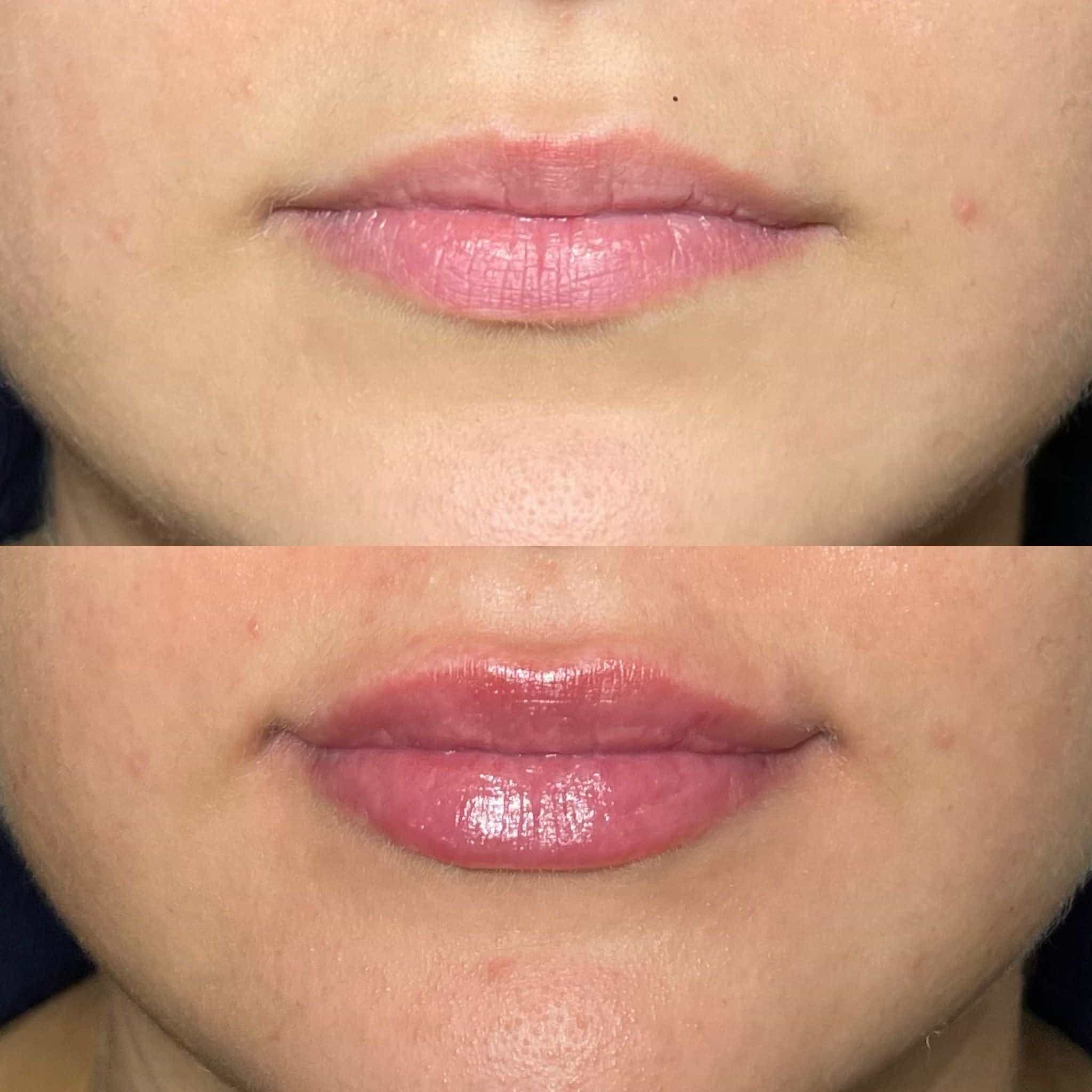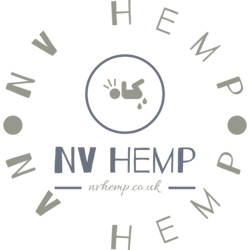Book a Dermal Filler Appointment with Dr. Laura Geige Now
Ibuprofen’s Impact on Inflammation
Mechanism of Action
Ibuprofen is a nonsteroidal anti-inflammatory drug (NSAID) that effectively reduces inflammation throughout the body, including in the nasal passages.
It works by inhibiting the production of prostaglandins. Prostaglandins are hormone-like substances produced by the body’s cells in response to injury or infection. These substances play a crucial role in the inflammatory process, causing pain, swelling, redness, and heat.
Ibuprofen specifically targets enzymes called cyclooxygenases (COX), COX-1 and COX-2, which are responsible for converting arachidonic acid into prostaglandins. By blocking these enzymes, ibuprofen reduces the production of prostaglandins and thus dampens the inflammatory response.
In the context of nasal inflammation, ibuprofen can help alleviate symptoms associated with conditions like rhinitis, sinusitis, and allergies. It can reduce nasal congestion, sneezing, runny nose, and postnasal drip by minimizing the inflammation in the lining of the nasal passages.
However, it’s important to note that ibuprofen is not a cure for these conditions; it primarily provides symptom relief. Consulting a healthcare professional for proper diagnosis and treatment is crucial.
Effects on Nasal Tissues
Schedule a Dermal Filler Consultation with Dr. Laura Geige Now
Ibuprofen is a non-steroidal anti-inflammatory drug (NSAID) that works by inhibiting the production of prostaglandins. Prostaglandins are hormone-like substances that contribute to inflammation, pain, and fever.
Inflammation is a complex biological process involving the body’s response to injury or infection. It typically involves redness, swelling, heat, and pain. In the nasal passages, inflammation can lead to symptoms like congestion, runny nose, sneezing, and itching.
By blocking prostaglandin production, ibuprofen can effectively reduce inflammation in various parts of the body, including the nasal tissues. When you have a cold or allergy, your immune system triggers an inflammatory response in your nose, leading to swelling of the blood vessels and mucus membrane lining. Ibuprofen helps to dampen this response, reducing the swelling and congestion.
Ibuprofen’s effects on nasal tissues are particularly noticeable in conditions like rhinitis (inflammation of the nasal passages). It can alleviate symptoms by:

- Reducing swelling of the nasal lining
- Thinning mucus, making it easier to drain
- Relieving pain and discomfort associated with sinus pressure
While ibuprofen can be effective in managing nasal inflammation, it’s important to note that it doesn’t address the underlying cause of the condition. For example, if you have allergies, taking ibuprofen will only temporarily relieve symptoms. It’s crucial to consult with a healthcare professional to determine the best course of treatment for your specific situation.
Alternative Treatments for Nasal Inflammation
Nasal Corticosteroids
While ibuprofen can offer temporary relief from pain and fever associated with nasal inflammation, it does not directly address the underlying inflammation itself.
Here are some alternative treatments for nasal inflammation:
-
Nasal corticosteroids
-
Saline nasal rinse
-
Antihistamines
-
Decongestants
-
Moisture therapy (humidifiers)
**Nasal Corticosteroids:**
These are powerful anti-inflammatory medications available in spray form. They reduce swelling and redness in the nasal passages, relieving congestion and other symptoms. Common examples include:
-
Fluticasone (Flonase, Veramyst)
-
Mometasone (Nasonex)
-
Budesonide (Rhinocort)
It’s important to note that nasal corticosteroids may take a few days to become fully effective. They are generally safe and well-tolerated, but side effects can include nosebleeds, headaches, and dryness.
Arrange Your Dermal Filler Consultation with Dr. Laura Geige at It’s Me and You Clinic
Saline Rinse
While *ibuprofen* can help manage some of the symptoms associated with nasal inflammation, such as pain and fever, it doesn’t directly address the underlying cause of the inflammation itself.
Fortunately, there are alternative treatments that can be more effective in reducing nasal inflammation.
One of the simplest and most effective methods is using a **saline rinse**.
Saline solutions mimic the natural salt balance of your nasal passages.
When you rinse your nose with saline, it helps to:
* Flush out allergens, irritants, and mucus.
* Thin out thick mucus, making it easier to drain.
* Moisturize the nasal lining, reducing dryness and irritation.
There are several ways to perform a saline rinse:
* **Neti pot:** This traditional method involves pouring a solution of sterile water and salt into one nostril, allowing it to flow out the other.
* **Bulb syringe:** A bulb-like device is squeezed to draw a saline solution into the nostrils, then released to flush out mucus.
* **Spray bottle:** A pre-mixed saline solution can be sprayed directly into each nostril.
It’s important to use sterile saline solutions and follow proper hygiene techniques to avoid introducing bacteria into your nasal passages.
MS Style and Grace Super Sleep Yoga Create Cocktails at Home Kindra Mann D Magazine Salon
- Traptox Aka Trapezius Botox Treatment Near Banstead, Surrey - May 23, 2025
- How To Use CBD Gummies For Pain And Inflammation Relief - May 23, 2025
- THC Beverages With Vitamins And Nutrients - May 22, 2025
